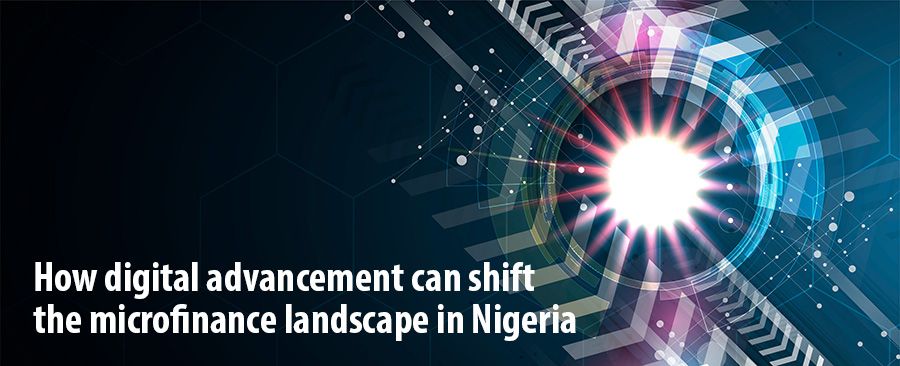
Digital Advancements Set to Transform Nigeria’s Microfinance Landscape
The microfinance sector in Nigeria stands on the brink of a transformative era, as digital advancements promise to redefine access to financial services for millions. The integration of technology into microfinance operations is poised to enhance efficiency, reach underserved populations, and foster economic growth.
Bridging the Financial Inclusion Gap
Digital platforms are breaking down barriers to financial inclusion, offering microfinance institutions (MFIs) innovative tools to extend their reach. Mobile banking, digital wallets, and online loan applications are making financial services more accessible to remote and underserved communities. This shift not only reduces operational costs for MFIs but also empowers individuals with the convenience of banking from their mobile devices.
Enhancing Operational Efficiency
The adoption of digital solutions enables MFIs to streamline their processes, from customer onboarding to loan disbursement and repayment. Automated systems reduce the need for manual paperwork, minimizing errors and enhancing the speed of transactions. This efficiency translates into lower costs for both MFIs and their clients, making microfinance more affordable and sustainable.
Data-Driven Decision Making
Digital technologies provide MFIs with valuable data insights, allowing them to make informed lending decisions and manage risks more effectively. By analyzing customer data, MFIs can tailor their products to meet the specific needs of their clientele, improving customer satisfaction and retention. Additionally, digital platforms facilitate better monitoring of loan performance, reducing the risk of defaults.
Challenges and Opportunities
Despite the promising prospects, the digital transformation of microfinance in Nigeria faces several challenges. These include limited digital literacy among the target population, cybersecurity threats, and the need for robust regulatory frameworks. Addressing these challenges requires collaborative efforts from stakeholders, including the government, MFIs, and technology providers.
The Future of Microfinance in Nigeria
As Nigeria continues to embrace digital advancements, the microfinance sector is set to undergo significant changes. The integration of technology will not only enhance the efficiency and reach of MFIs but also contribute to broader economic development. By leveraging digital tools, Nigeria can bridge the financial inclusion gap and unlock new opportunities for growth and prosperity.
In conclusion, the digital revolution holds the key to transforming Nigeria’s microfinance landscape. With the right strategies and collaborative efforts, digital advancements can pave the way for a more inclusive and efficient financial system, benefiting millions of Nigerians.
